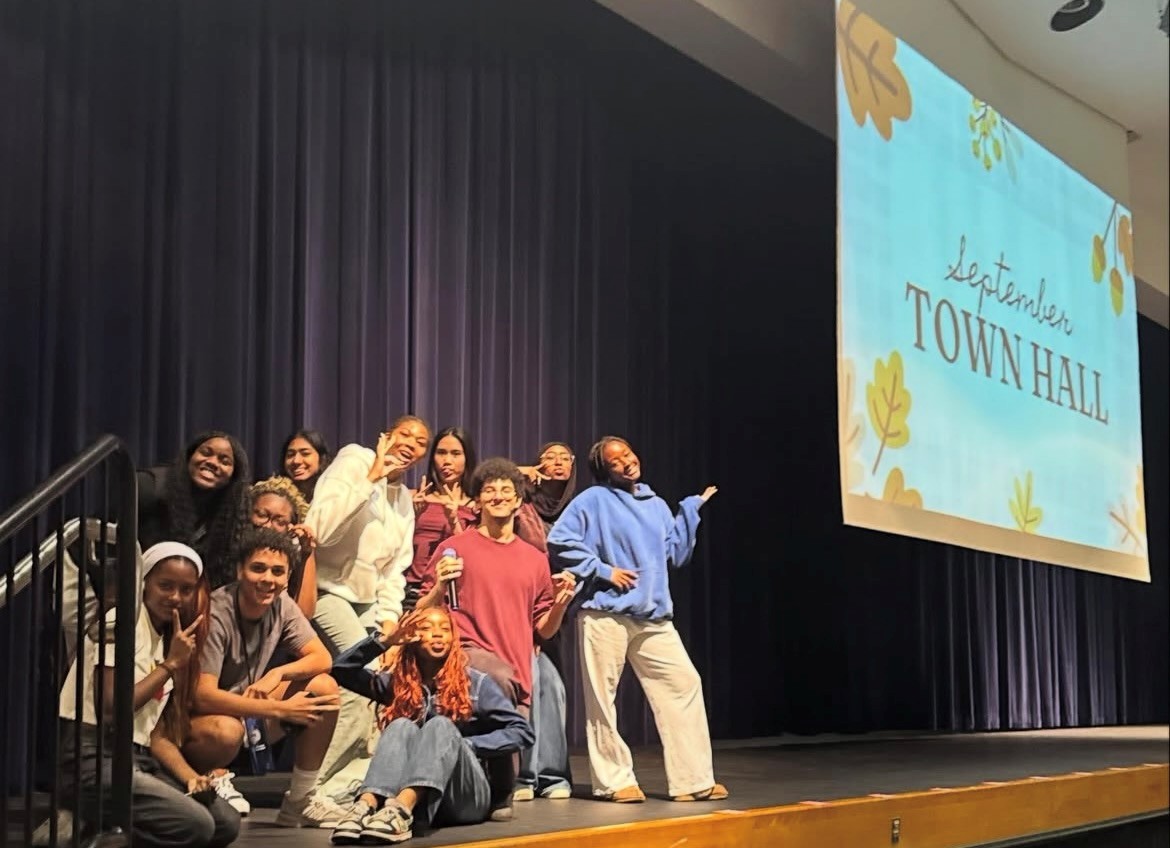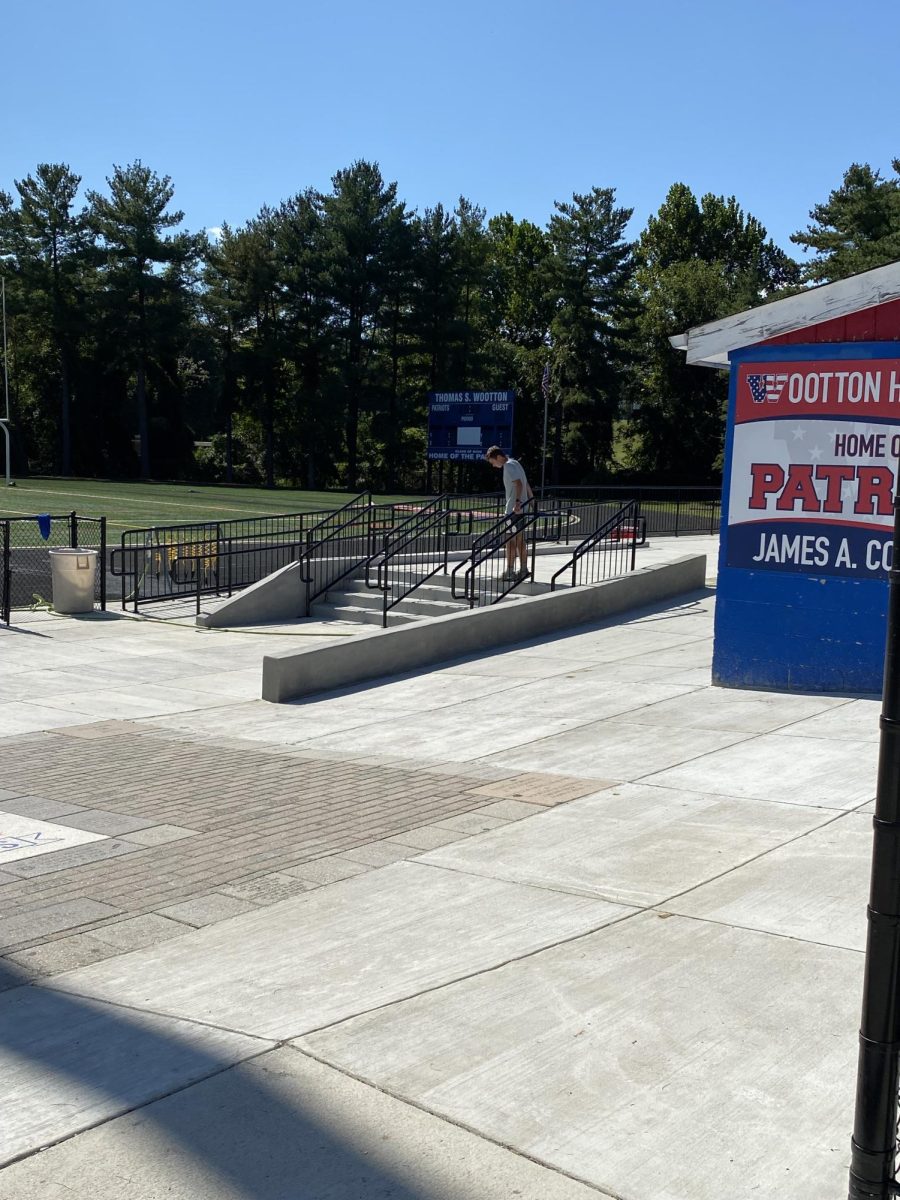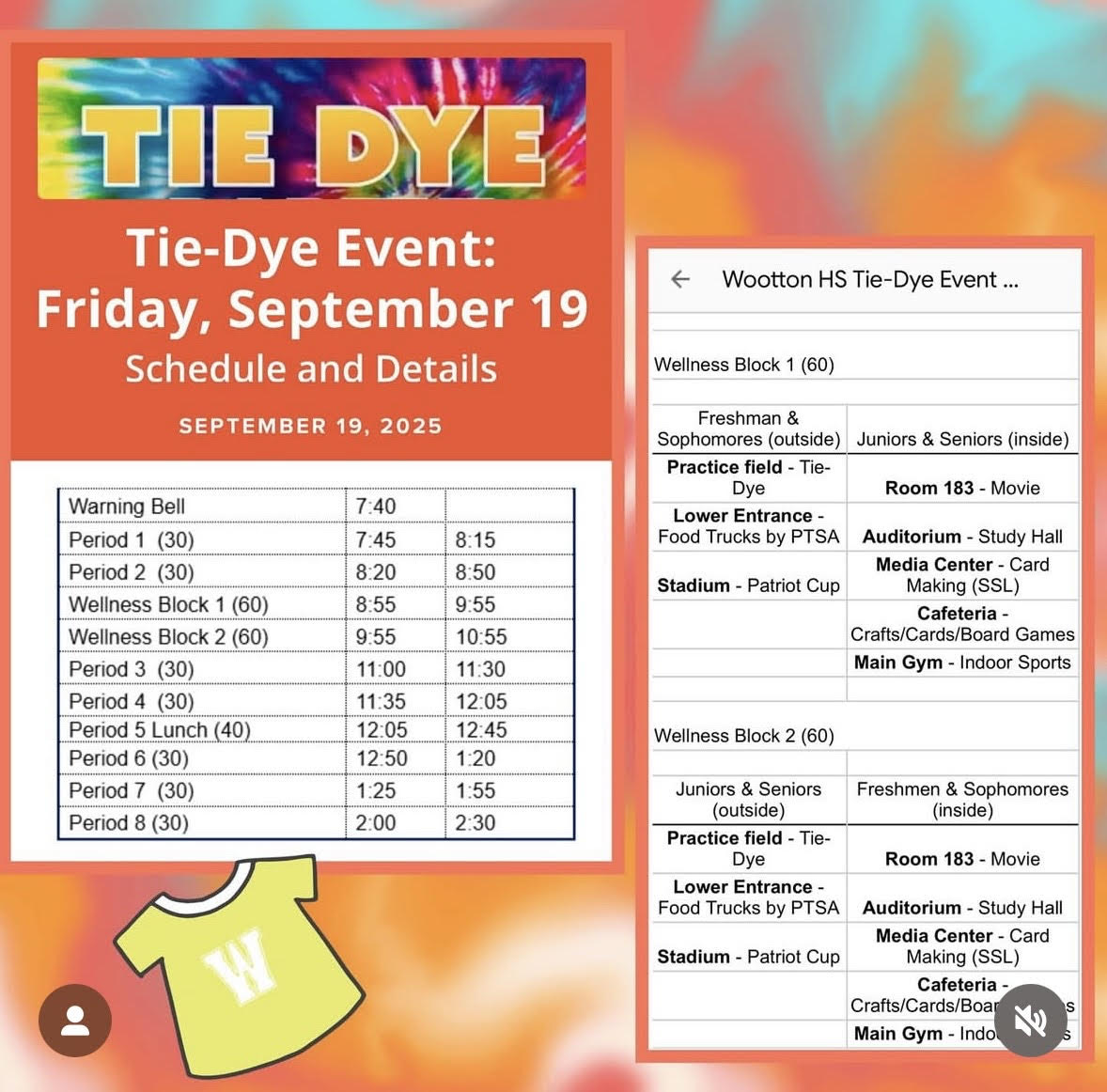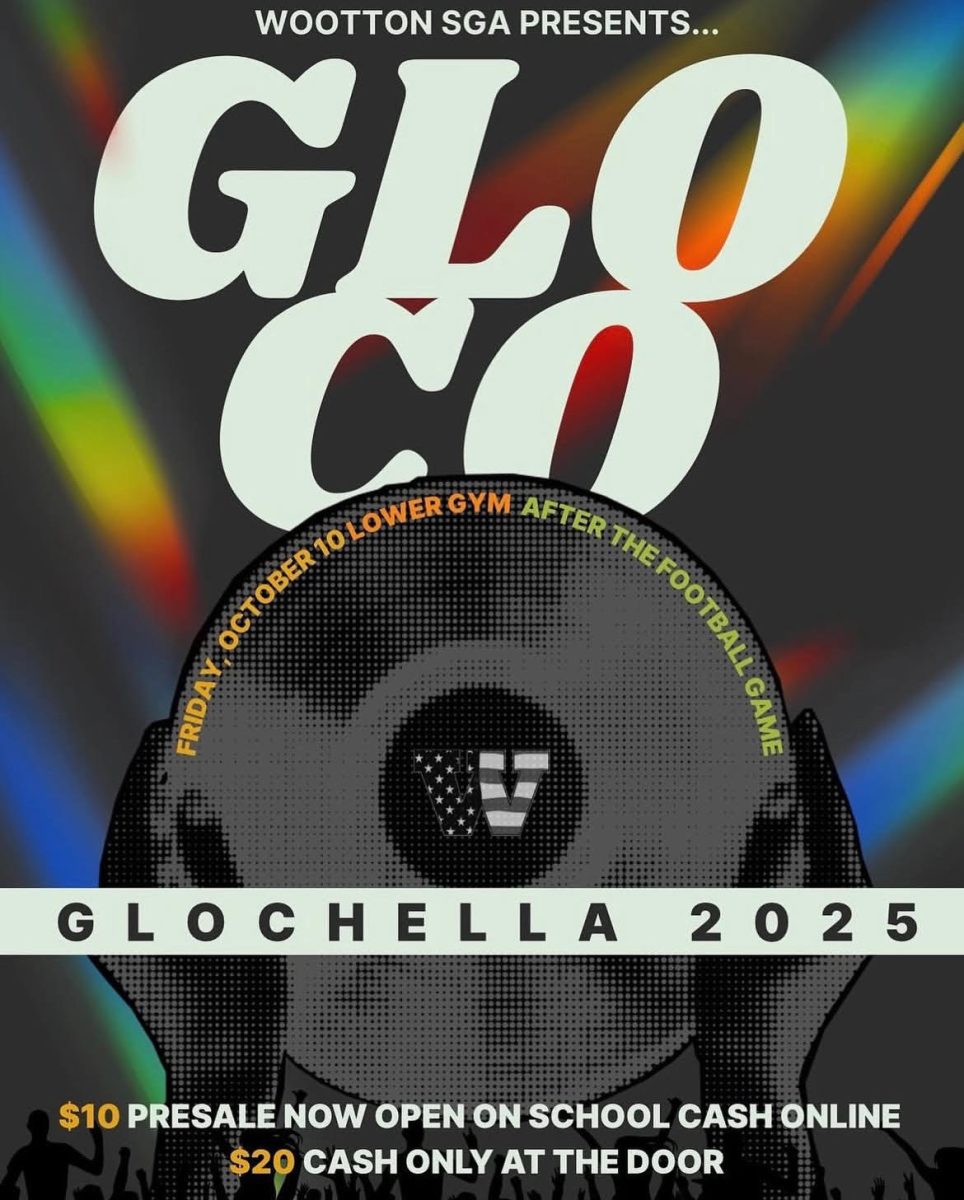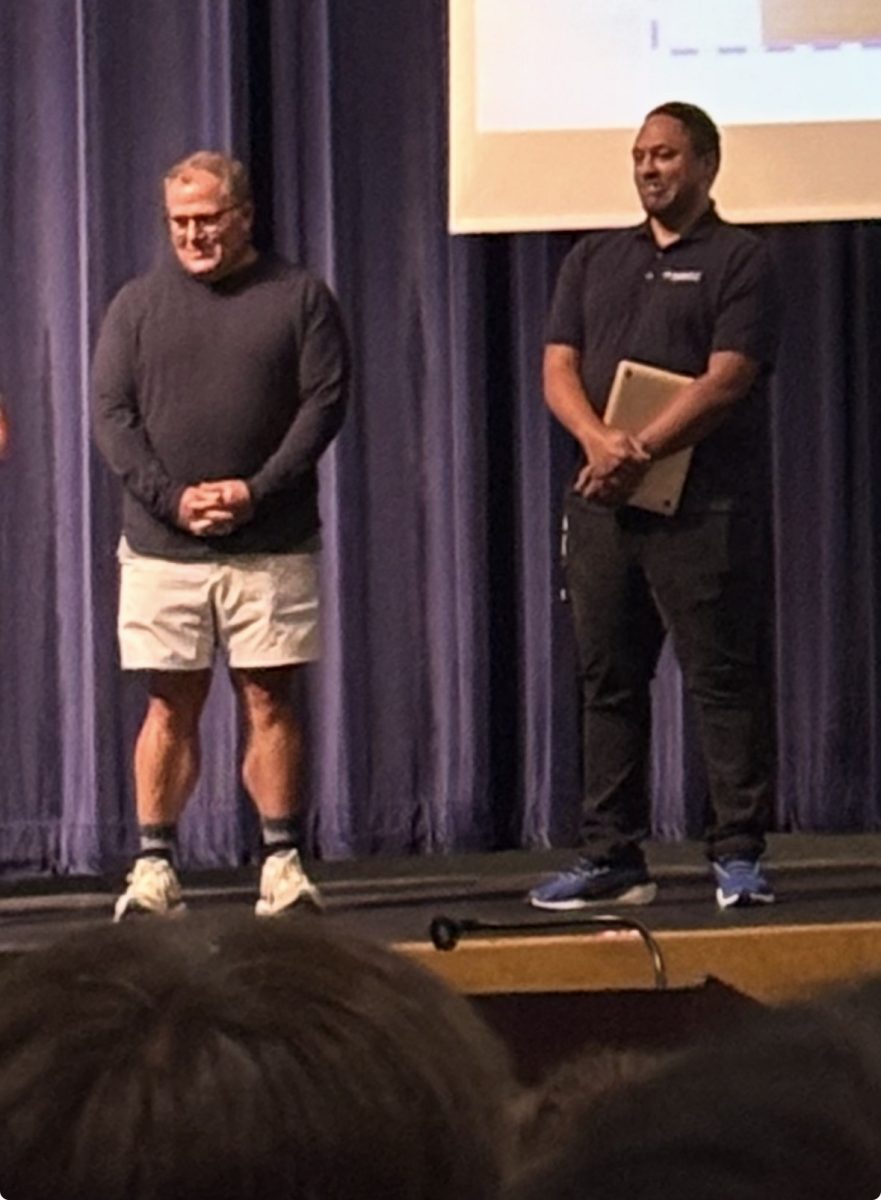Twas’ the night before first drafts were due. Student’s sobs could be heard between gusts of wind in the late hours of the night as they hopelessly fished through the 43 open tabs on their laptops and flipped through the seemingly endless pages of their library books.
Some have already cited more than 120 sources, and yet, they squint and rub their red, sleep deprived eyes and delve further into online encyclopedias in an attempt to finalize their last bits of research before submission the next morning.
With their phones in airplane mode, students remain unreachable — each one in their own little world. Family and friends can only send silent prayers in hope that somehow their beloved student rises from the cosmputer in the morning, the scent of their fourth cup of coffee still fresh on their breath, with 20 pages in hand.
It’s SIP season.
SIP stands for Senior Independent Project, which is an extended essay on a topic of choice written by all 60 students in the Humanities and Arts program. This project is a graduate requirement of the program, with a goal of challenging students to write in-depth research papers in order to better prepare them for college and beyond.
Humanities and Arts students can either choose to write a shorter, 8-10 page essay with a related creative project, or, like the majority, to write a full 20-22 page essay. This year, students are writing about everything from basketball shoes to gene editing.
Senior Hailey Kerben hopes to become an interior designer and has therefore chosen to focus her project on art-deco.
“Working on my SIP has been a lot of work, of course, but it’s also been a really rewarding experience. For my creative project, I am actually designing an art-deco themed hotel lobby and hotel room, with bathroom included. While working on this, I wrote a 10-page essay analyzing the history of art-deco and its influence on society today. It’s been an amazing chance to explore a potential career path,” Kerben said.
She, like most other Humanities students, has been a part of the program for four years. Students in the Humanities program get to know each other well, as they are put in all the same English and social studies classes from freshman year on. They are also required to take a seminar class their junior year, where they learn research and communication techniques as they complete about four major projects in the span of one semester.
By the end of this class, students must choose whether they want to write an extended essay or a shorter essay with a creative project. Then, they choose their topic for the SIP, which is still subject to change until mid-September. Over the summer, students are encouraged to read at least two books on their topic in order to get a better understanding and a baseline for their research.
As fall approaches, Humanities students enroll in Senior Seminar — a one-semester class devoted to learning proper essay structure and techniques that make their essays more persuasive. They learn everything from writing theses to conducting proper interviews to creating a catchy title.
Come the end of the semester, students submit their final papers. For the final step, students face a panel of three teachers who have all read their essays and further drill the student with questions about their essay and topic. This process serves to determine how knowledgeable the student is and how effective their research process has been.
From here, teachers award students with one of four different grades, meritorious being the best and unsatisfactory being the worst.
With only a few weeks until the daunting panel season begins, it’s crunch time.
Gwen Klein
Managing Editor




